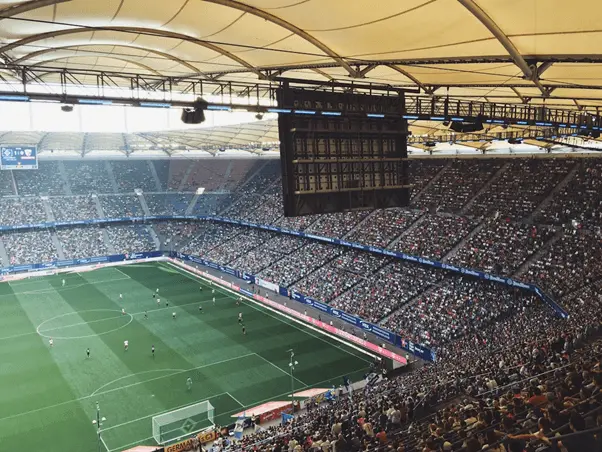
Video Assistant Referee, or VAR, has changed the way soccer is played and judged. Since arriving in top leagues and big tournaments, it has become a regular part of the game. In Canada, fans have seen it in Major League Soccer matches with Toronto FC, CF Montréal, and Vancouver Whitecaps. It has also appeared in national competitions. Outcomes on manitoba sportsbooks are subject to change due to VAR calls, as they are treated as official results.
How VAR Works
VAR uses a team of trained officials watching the game from video monitors. They check replays for four things: goals, penalty decisions, red cards, and cases of mistaken identity. They can suggest to the on-field referee to review a play or confirm the call is correct. It is similar to video review in hockey, but soccer’s flow makes the pause feel different. FIFA tested VAR in several events before using it in the World Cup. Many leagues followed soon after.
Changes in Canadian Soccer
In Canada, VAR has brought both cheers and groans. A last-minute goal can send a stadium into celebration. Then the replay check might cut that joy short. Players have adapted by being more cautious in tackles and mindful of positioning. Even the smallest offside is easier to catch now. The Canadian Premier League has not made full use of it yet, but league officials watch how it works in other countries. For now, most local use happens through the MLS structure.
What the Rest of the World Thinks
Not every country has embraced VAR in the same way. England and Italy use it in every league match. South American tournaments rely on it heavily for tense situations. Some leagues in Asia and Africa roll it out slowly, often because of costs or stadium needs. Canada benefits from being tied into MLS systems, which provide tested equipment and trained staff. That helps avoid the technical issues some other leagues face.
The Debate Continues
VAR has lowered the number of clear referee mistakes, but not everyone is convinced it is the perfect fix. Some calls still depend on a referee’s personal view, even with slow-motion video. Stoppages can also kill the rhythm of a game. Players cool down. Fans lose the rush of the moment. On the other hand, many argue that getting the call right matters more than keeping the pace. Canadian debates often sound like hockey debates, with tradition on one side and fairness on the other. Studies are still underway, so opinions may change as more data comes in.
What Could Happen Next
The future of VAR could bring faster systems and better communication with fans. Some soccer bodies want referees to explain decisions on stadium microphones, like officials do in Canadian football. Others are testing semi-automated offside checks. These ideas aim to make decisions clearer and quicker. In Canada, the challenge will be finding a balance. Technology has to support the game without taking up all of the headlines. VAR is not disappearing, but its use will keep evolving both domestically and abroad.







